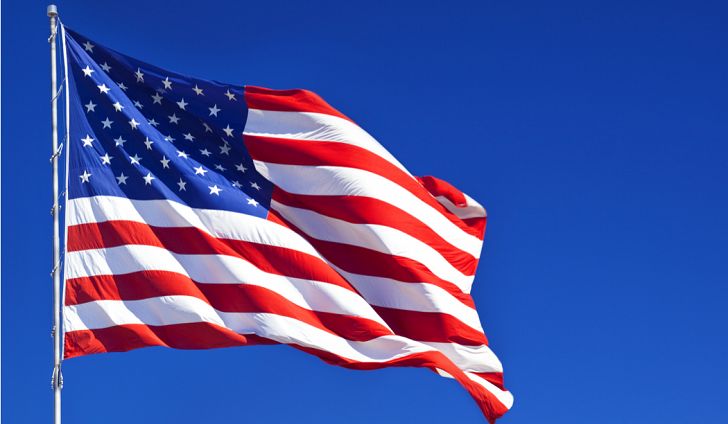Latest updates:
On November 3, 2020, a circuit court of appeals allowed USCIS to continue implementing the new public charge rule nationwide, just one day after a district court vacated the rule as illegal. In July 2020, the rule was also briefly paused during the COVID-19 public health emergency.
On September 22, 2020, USCIS updated its website to indicate that it intends to apply the new public charge rule to all applications postmarked on or after February 24, 2020, meaning even those filed between July 29, 2020 and August 12 or September 11, 2020. In recognition that during the uncertainty surrounding the litigation summarized above some applicants subject to public charge may have filed adjustment applications without Form I-944, USCIS’ new public charge form, USCIS stated it would issue RFEs for the missing forms and evidence for cases received before October 13, 2020.
After October 13, 2020, any adjustment application lacking Form I-944 where required will be rejected. USCIS has republished Form I-944, at uscis.gov/i-944.
USCIS has also published an alert to the public charge page of their website acknowledging that the recently implemented public charge rule may have chilled individuals from seeking medical treatment for COVID-19. The alert states that USCIS will not consider testing, treatment, or preventive care related to COVID-19 as part of the public charge inadmissibility determination, and also that it will consider explanations of COVID-related effects like job loss necessitating use of other public benefits. After briefly removing this alert from its website in late July, USCIS re-posted it on August 21, 2020.
12/03/2020 Update: On 12/02/2020, the Ninth Circuit Court of Appeals invalidated controversial "public charge" new rule.. again. The public charge rule causes financial harm to states and doesn't promote self-sufficiency as the administration has suggested. The court also argued that the administration failed to explain the abrupt change in policy.
Quick Summary of Updates:
• Planned furlough of 13,400 USCIS employees temporarily halted, again - page 1 • Field offices have started reopening and resuming some interviews and other in-person services with social distancing and other health & safety precautions – page 2
• Starting September 23, 2020 until at least March 22, 2021, the Asylum Office will require applicants use USCIS-provided telephonic interpreters, unless they require a language not available through the government-provided interpreter service – page 3
• Throughout closures, Service Centers and lockboxes have continued to accept applications – page 3
• During office closure USCIS was re-using some biometrics but as Application Support Centers (ASCs) reopen, USCIS will stop doing this – page 3 • Copies of signatures accepted in place of original, “wet ink” signatures – page 3
• USCIS has extended its allowance for extra time to respond to Requests for Evidence (RFEs), Notices of Intent to Deny (NOIDs), and other responses – page 3
• COVID-19 and public charge: after the July 2020 injunction in light of COVID-19 was stayed in September 2020, another court decision on November 2, 2020 briefly stopped the new rule but one day later, on November 3, 2020, USCIS was again allowed to apply the new public charge rule nationwide – page 4
• Contacting USCIS during the pandemic – page 5
USCIS’ Contact Center, reachable online at https://egov.uscis.gov/e-request/Intro.do and by phone (800-375- 5283), is supposed to be available for emergency requests for service, including requests to schedule Infopass appointments in time-sensitive, urgent situations, for instance emergency advance parole.
• USCIS should do more to ameliorate negative effects of USCIS office closures – page 5


 RSS Feed
RSS Feed